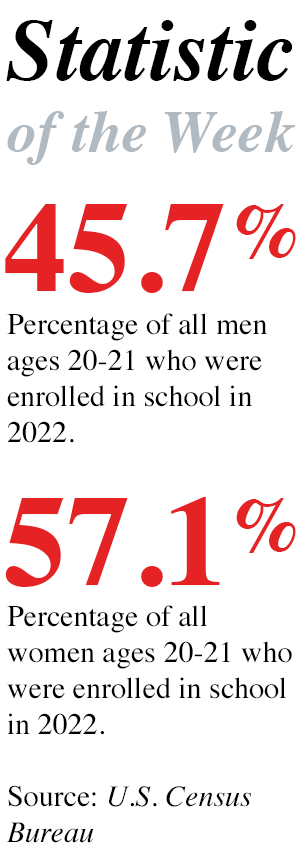Gender and Racial Differences in the Use of Ambulances by Stroke Victims
Posted on Aug 26, 2015 | Comments 0
 A new study led by Heid Mochari-Greenberger, an associate research scientist at the Columbia University Medical Center in New York City found that about one half of all stroke victims call an ambulance to get to a hospital. But the data showed that White women were the most likely to call for an ambulance and Black and Hispanics of both genders were the least likely to use an ambulance.
A new study led by Heid Mochari-Greenberger, an associate research scientist at the Columbia University Medical Center in New York City found that about one half of all stroke victims call an ambulance to get to a hospital. But the data showed that White women were the most likely to call for an ambulance and Black and Hispanics of both genders were the least likely to use an ambulance.
“Stroke is a medical emergency and the faster a stroke patient gets to the hospital, the better the outcome may be,” notes Dr. Mochari-Greenberger.
Dr. Mochari-Greenberger and her team examined the medical records of more than 400,000 stoke victims who were admitted to 1,600 hospitals across the United States between 2011 and 2014. They found that 60 percent of White women admitted to the hospital for stroke came by ambulance, a slightly higher rate than for White men. Black and Hispanic men and women were less likely to arrive by ambulance.
The authors speculate that distrust of the medical establishment, the lack of knowledge that a stroke has occurred, and the fear of incurring a large medical bill may deter members of minority groups from calling for an ambulance.
Dr. Mochari-Greenberger added that “continued research is needed to understand the reasons for race-ethnic and sex differences in EMS use, and to develop programs effective to increase stroke preparedness and action to call 9-1-1 among men and women from all race-ethnic backgrounds.”
Dr. Mochari-Greenberger is a graduate of Cornell University, where she majored in nutritional science. She holds a master of public health degree and a Ph.D. in epidemiology from Columbia University.
The article, “Racial/Ethnic and Sex Differences in Emergency Medical Services Transport Among Hospitalized US Stroke Patients: Analysis of the National Get With The Guidelines–Stroke Registry,” was published on the website of the Journal of the American Heart Association. It may be accessed here.
Filed Under: Research/Study








